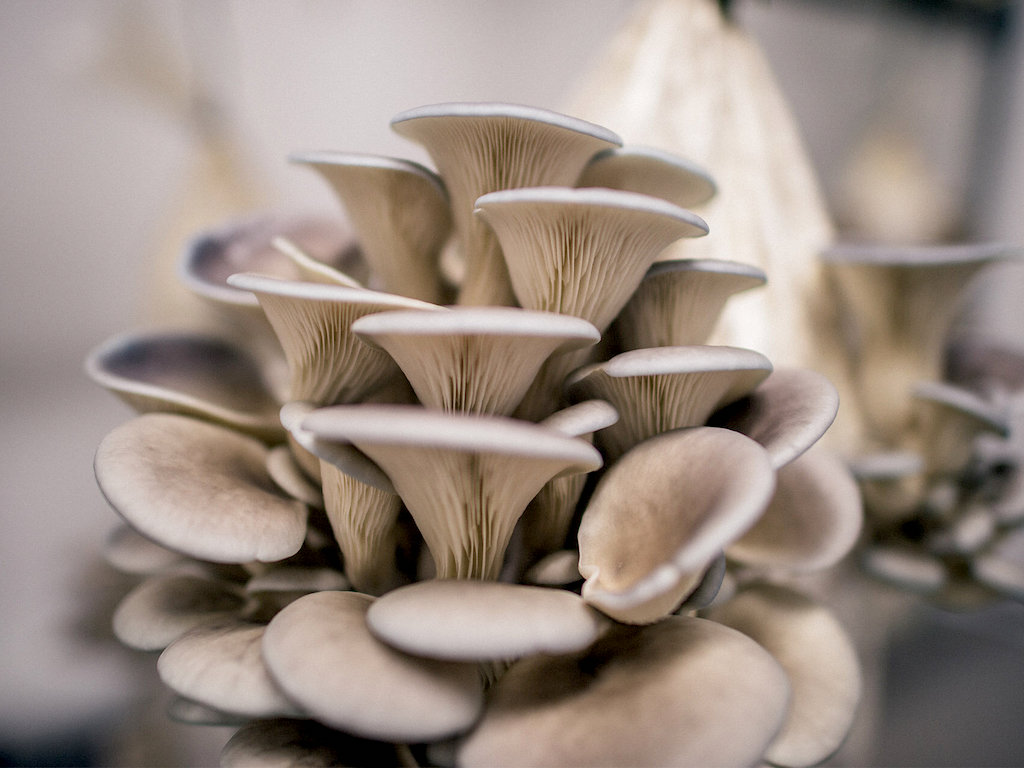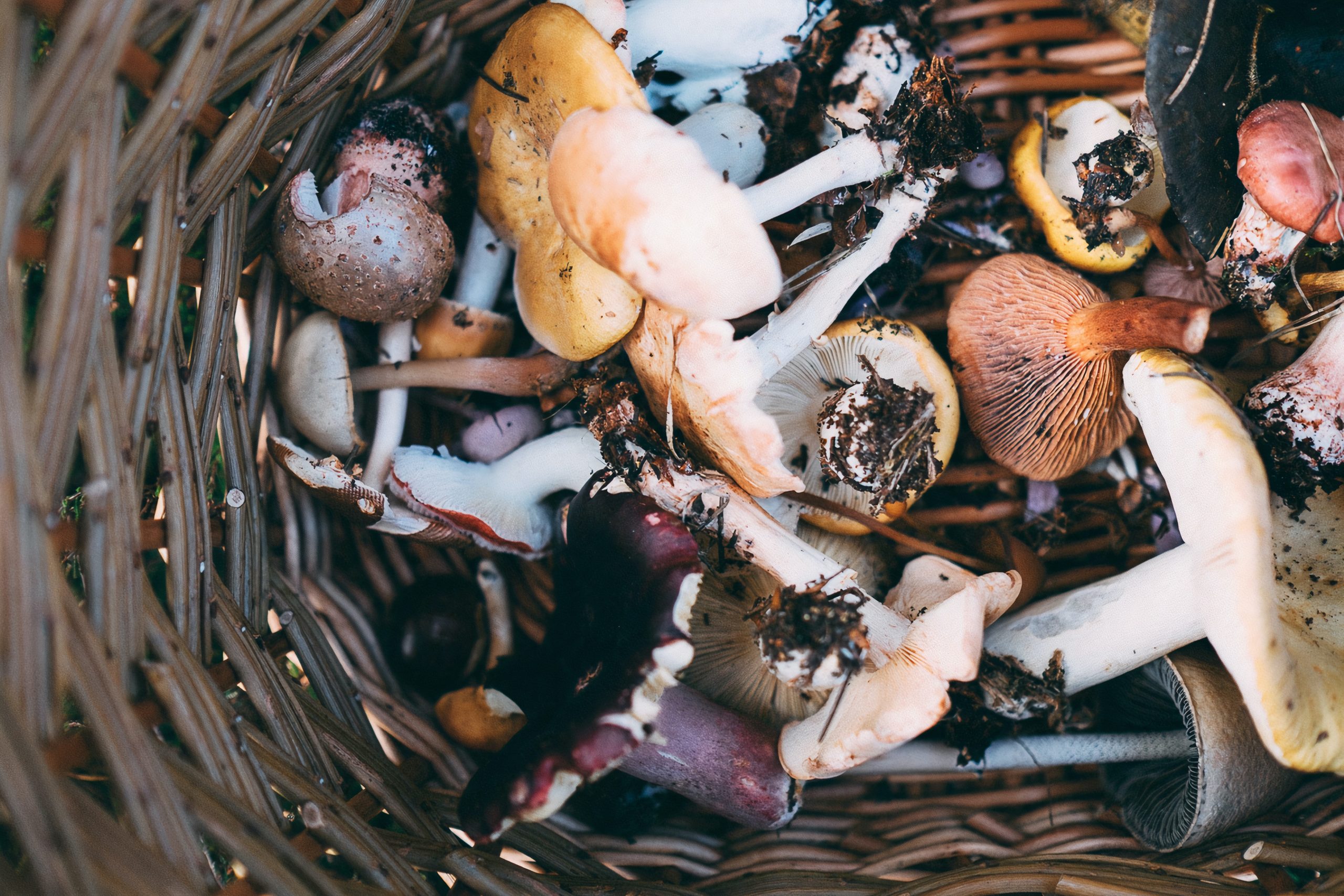Study Finds Link Between Eating Mushrooms And A Lower Risk Of Depression
3 Mins Read
A new study published in the Journal of Affective Disorders has revealed that eating mushrooms could lower the risk of depression. Sampling data from more than 24,000 adults in the US, between 2005 and 2016, researchers from Penn State University gleaned the findings from diet analysis, with a specific focus on the frequency of mushroom intake. Connecting a reduction in anxiety to the many bioactive compounds found in fungi, the study concluded a lower risk of depression in those that regularly include mushrooms in their diets.
The highest dietary source of ergothioneine, an anti-inflammatory amino acid that is not synthesised inside the human body, mushrooms, when eaten regularly, have been shown to potentially reduce the symptoms of depression. Though a definite correlation was observed between mushroom consumption and depression rates it should be noted that no tangible benefit was determined with regards to excessively high fungi intake.
With preliminary findings reported, the research team continued on to question whether replacing red or processed meat with a mushroom alternative could yield further positive results. It did not reveal any discernible connection and the substitution was considered non-essential. However, with an increasing number of fermented mycelium and fungi-based meats being brought to market, this could be revisited in the future.
Limitations of the study
The Penn State research team noted a number of variables that may have affected the outcome of the study and that should be addressed in future projects. The varieties of mushrooms consumed would be a particular focal point, as no data was available here. Looking for a definitive connection between certain varieties of fungi and depression alleviation would allow for diagnostically-driven consumption as opposed to prolific ingestion that could yield no benefit.

There was also a notable demographic disparity, with 66 percent of all participants being non-Hispanic, white, and aged around 45. Though existing conditions, medications, risk factors, and socio-demographics were accounted for, a broader spectrum of participants could offer more valuable insights in the future.
Despite having room for improvement, the study represents a significant step forward in terms of adding clinical authority to notions of diet affecting mental health. It has long been assumed that the brain and gastrointestinal tract are closely connected, but now there could be a quantifiable reason. If bioactive compounds and anti-inflammatory bacteria found in fungi can be directly linked to lower depression rates, a shift in treatments and diagnoses would have to follow suit.
Previous research using mushrooms has been limited to groups with fewer than 100 participants, offering little in the way of focussed data, but there are findings to build on here.
Medicinal properties
The link between effective nutrition and good mental health is not new, with numerous studies attempting to add scientific data to the assumption that one precludes the other. Focussing on mushrooms is particularly interesting, however, as fungi are being used throughout food tech in increasingly innovative ways. This means that once specific mood-improving mushrooms are identified, diets can be adapted to include more of them. Animal-free protein producers could also, potentially, use the data to create new product lines that cater to mental health improvement.
This is not the first study to reveal a positive correlation between mushrooms and personal health, however. Earlier in May, research also conducted by Penn State University researchers, found a link between eating mushrooms and a lower risk of cancer.
A number of alt protein startups are exploring mushrooms as an alternative for animal meat including Libre Foods, Fable Food Co and Kinoko Labs.
Lead image courtesy of Pexels.





